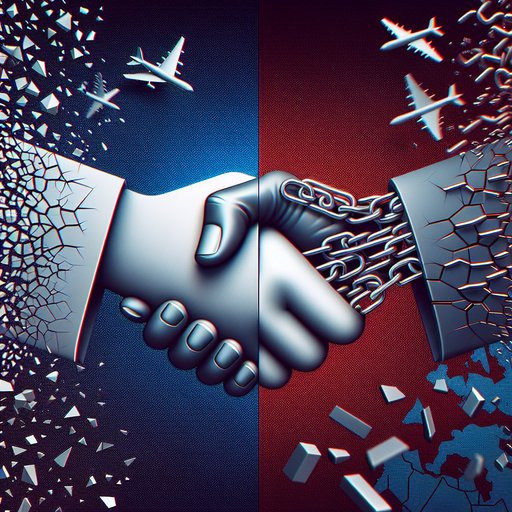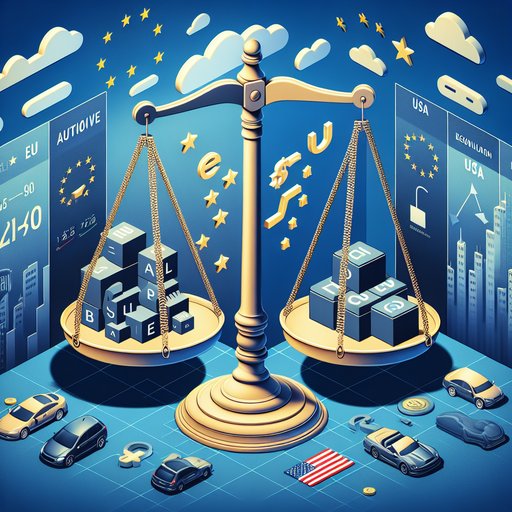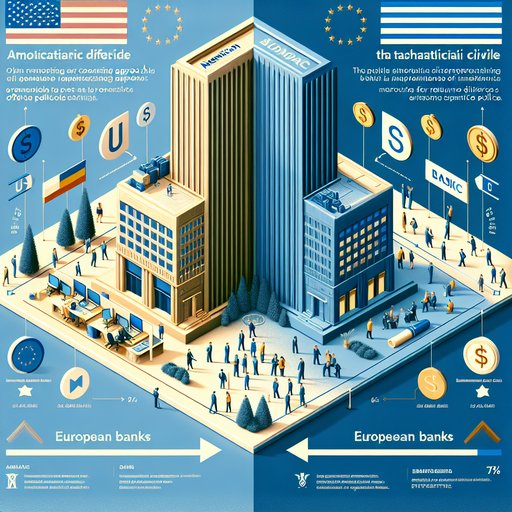
Donald Trump’s back-to-back meetings with Vladimir Putin in Alaska and Volodymyr Zelenskyy in Washington were billed as pivotal for ending the war in Ukraine. In practice, they produced little beyond confusion and concern. Trump’s message was blunt: unless Kyiv and Europe accept his plan, fighting will continue. The plan itself leaned toward Moscow’s demands, including suggestions of territorial concessions. For Ukraine and Europe, this was not a roadmap to peace but an attempt to pressure them into surrender.

European Commission President Ursula von der Leyen has announced plans for a new package of sanctions against Russia, marking the EU's 19th round of punitive measures since the conflict began. The announcement comes amid mounting calls from Ukrainian President Volodymyr Zelensky for tougher penalties against Moscow [1].

A new trade dispute is emerging between the European Union and the United States, centered on the implementation of the EU's Digital Services Act (DSA) and its impact on American tech companies. The disagreement threatens to delay a broader trade agreement between the two economic powers, highlighting the growing complexity of digital regulation in international commerce [1].

The Public Broadcasting Service (PBS) is implementing significant budget reductions following Congressional legislation that will defund the Corporation for Public Broadcasting (CPB). This development marks a substantial shift in federal support for public media in the United States and has prompted immediate responsive measures from the nation's primary public television broadcaster [1].

In a significant development for U.S. climate policy, environmental organizations have launched legal action against federal agencies over proposed rollbacks of climate regulations. The controversy centers on the Environmental Protection Agency's plans to deregulate transportation emissions, which currently account for nearly a quarter of greenhouse gas emissions in states like Indiana [1].

A significant cultural divide is emerging between American and European financial institutions as they navigate post-pandemic workplace policies. According to recent reports, US banks are taking a more aggressive approach to office attendance requirements compared to their European counterparts, highlighting broader differences in corporate culture across the Atlantic [1].

A federal judge has mandated immediate improvements to conditions at New York City's 26 Federal Plaza immigration facility following reports of overcrowding and unsanitary conditions. The ruling comes amid escalating immigration enforcement actions in the city, including the recent detention of a public school student, highlighting the growing tensions between local and federal authorities over immigration policy [1].
When Presidents Donald Trump and Vladimir Putin met at Joint Base Elmendorf-Richardson in Alaska for their long-awaited summit, the world watched what many considered a crucial moment to end the three-year war in Ukraine [1]. Yet beneath the diplomatic theater and global attention lies a fundamental truth that both leaders may be reluctant to acknowledge: Ukraine itself remains the ultimate arbiter of its own fate, and no amount of superpower posturing can change that reality.

The European Union is pushing forward with an expanded power to issue bonds through its latest budget framework, setting up a significant confrontation with fiscally conservative member states, particularly Germany. This marks a notable shift in EU fiscal policy and highlights growing tensions between different economic philosophies within the bloc.

NATO is strengthening its anti-submarine warfare capabilities in the Arctic region through advanced helicopter deployments, while simultaneously grappling with broader defense spending challenges across the alliance. The European-made NH90 helicopter has emerged as a crucial asset in detecting Russian submarines, showcasing the alliance's commitment to maintaining strategic advantages in critical maritime zones [1].
























